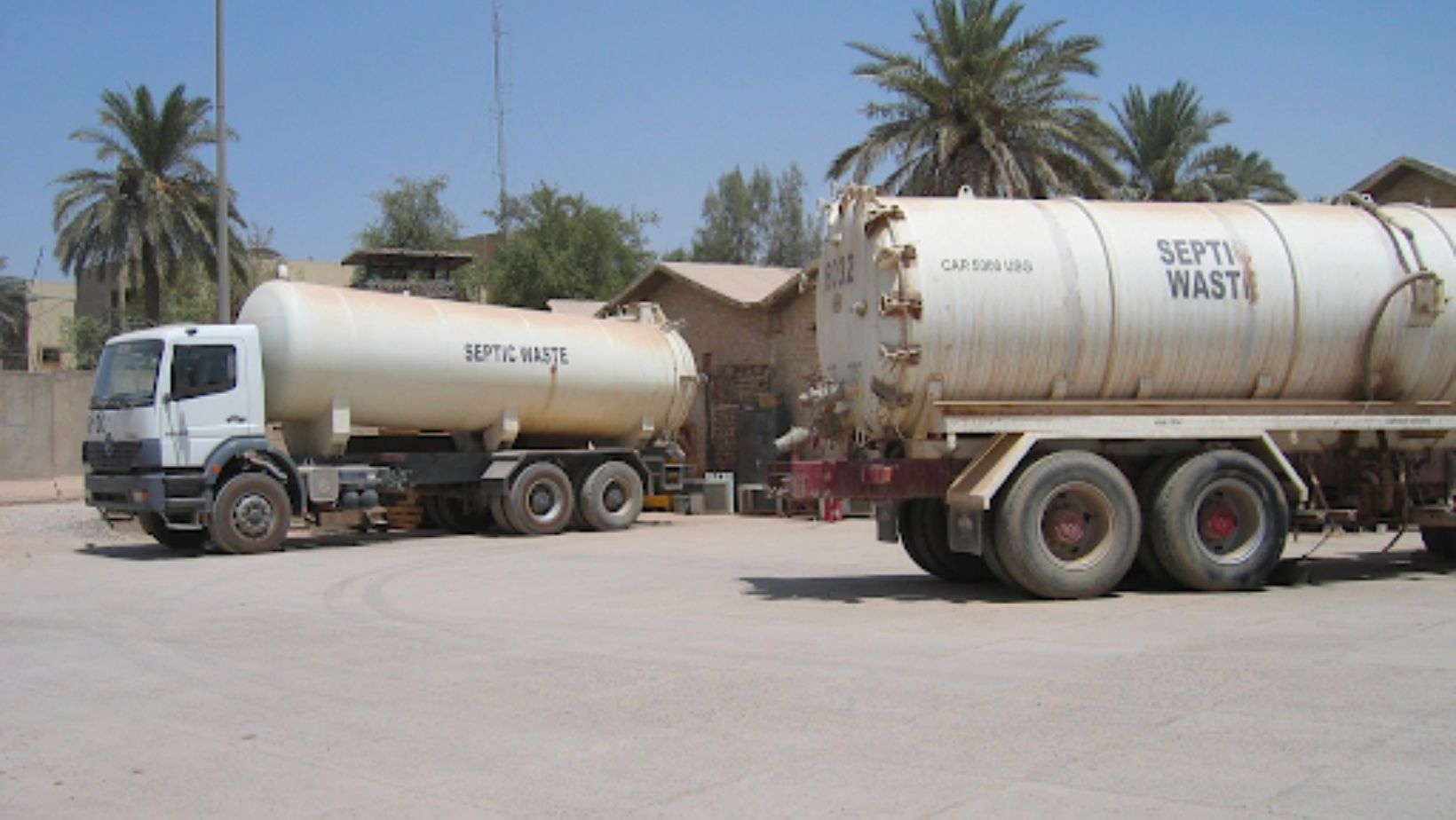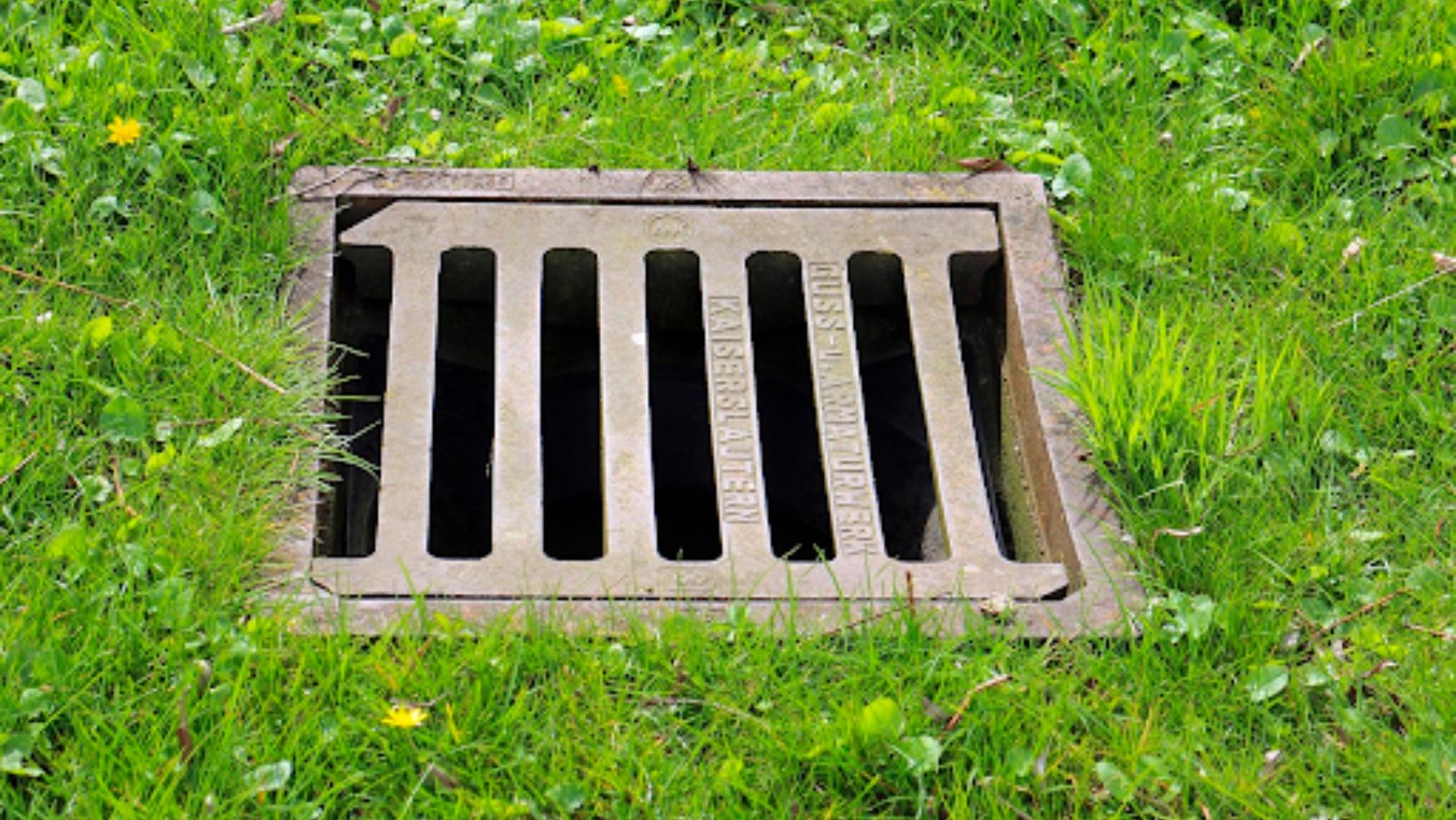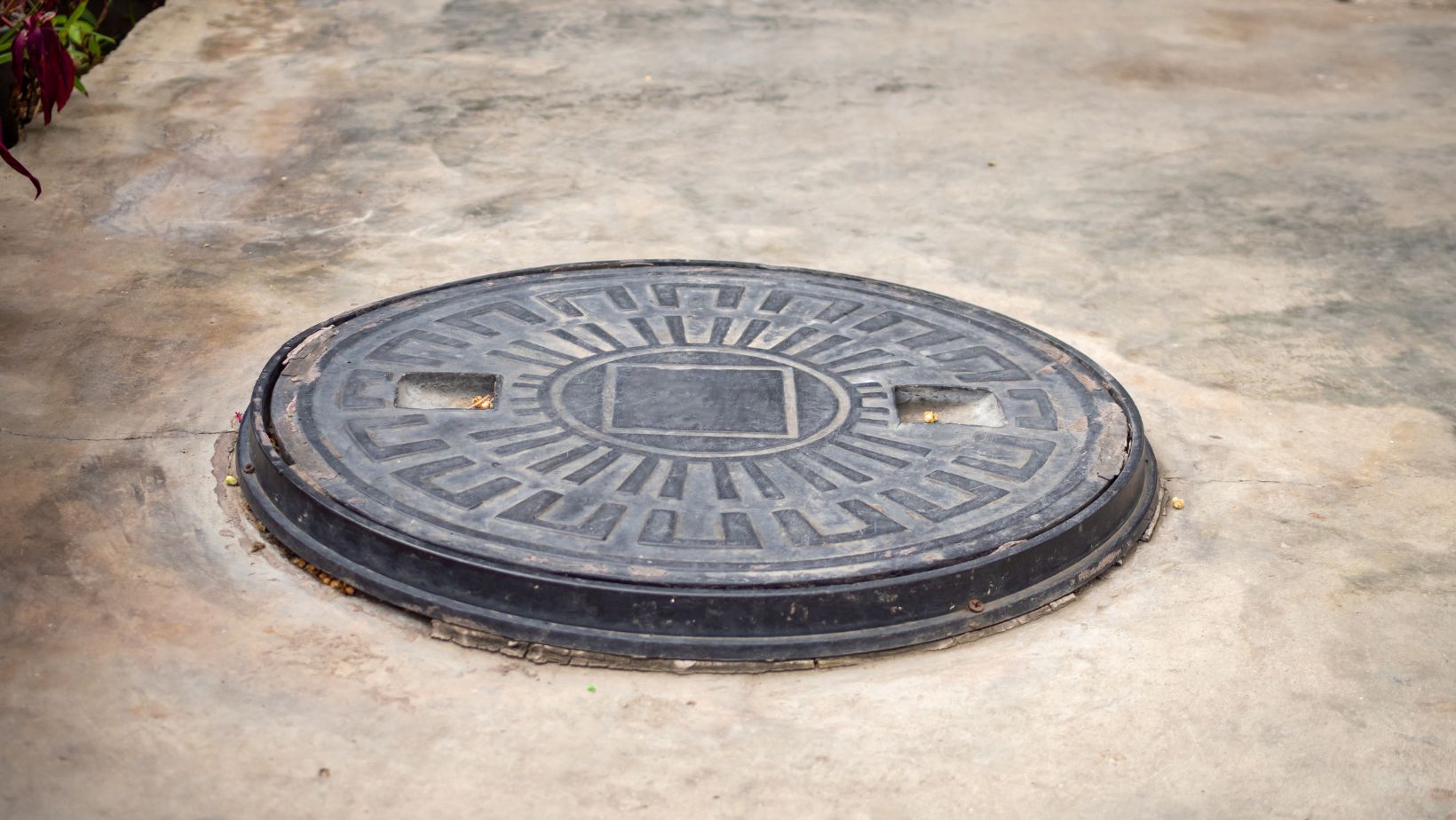
Septic tanks are a great sewage system option for rural houses and residences that can not access municipal sewer lines. If you are considering installing a septic system for your property, it is important to first educate yourself on the management and maintenance of the system. Read below for the ultimate guide to managing and maintaining home septic systems.
Know The Location Of Your System
If you have moved into a property with a preexisting septic system and are still determining where it is, ask your realtor or the previous owner for the property plans because they will indicate where the tank is. From there, you can have a general idea of how the system weaves its way to your home and through the walls via the pipes attached to the system.

Find A Trustworthy Septic System Pumping Service
Because septic tanks can sometimes run into trouble, it is good always to have a reliable pumping service on call for emergencies. Many times, the biggest issue that arises with septic systems is that they have blockages that have to be pumped out. If you need this kind of service, check out the septic tank pumping services from alligatorseptic.com where trusted employees can come out to your property and provide any assistance you may need with your septic system. Other services that they provide are septic tank locating and inspections as well as storm drain and grease strap cleaning.
Complete Regular Maintenance
The key to septic system success is to continually check on it and complete maintenance. This can either be done by a professional company or you can go through regular checks by yourself. Some things to check for when you do regular checks are overgrown foliage around ventilation areas, bad odors, and pooling water. These are all signs that problems may be occurring or could occur if you don’t clean up the area. If vegetation is overgrown, trim it down and make sure that nothing is blocked and if you see water pooling, check for other warning signs within the home like gurgling sounds, sewage smells, and slow drains. In addition to regular checks, get a full and thorough inspection from a professional every three years or so to make sure everything is running smoothly.

Protect The System From The Elements
Because septic systems are buried underground, they can be exposed to all kinds of intrusions. The biggest thing to worry about in terms of protection is if you live in an area where the ground gets very cold in the wintertime. Because the septic system has a series of pipes and a ventilation system, it is important to insulate the pipes so that they do not freeze and cause catastrophic issues. You must also make sure to remove any fallen snow from the system’s ventilation system so that it does not get blocked.
Managing and maintaining a sewage system on your property can seem like a daunting task, but with this helpful guide, you will always know what to do to make sure that nothing goes wrong, and if it does, you will know who to call.





